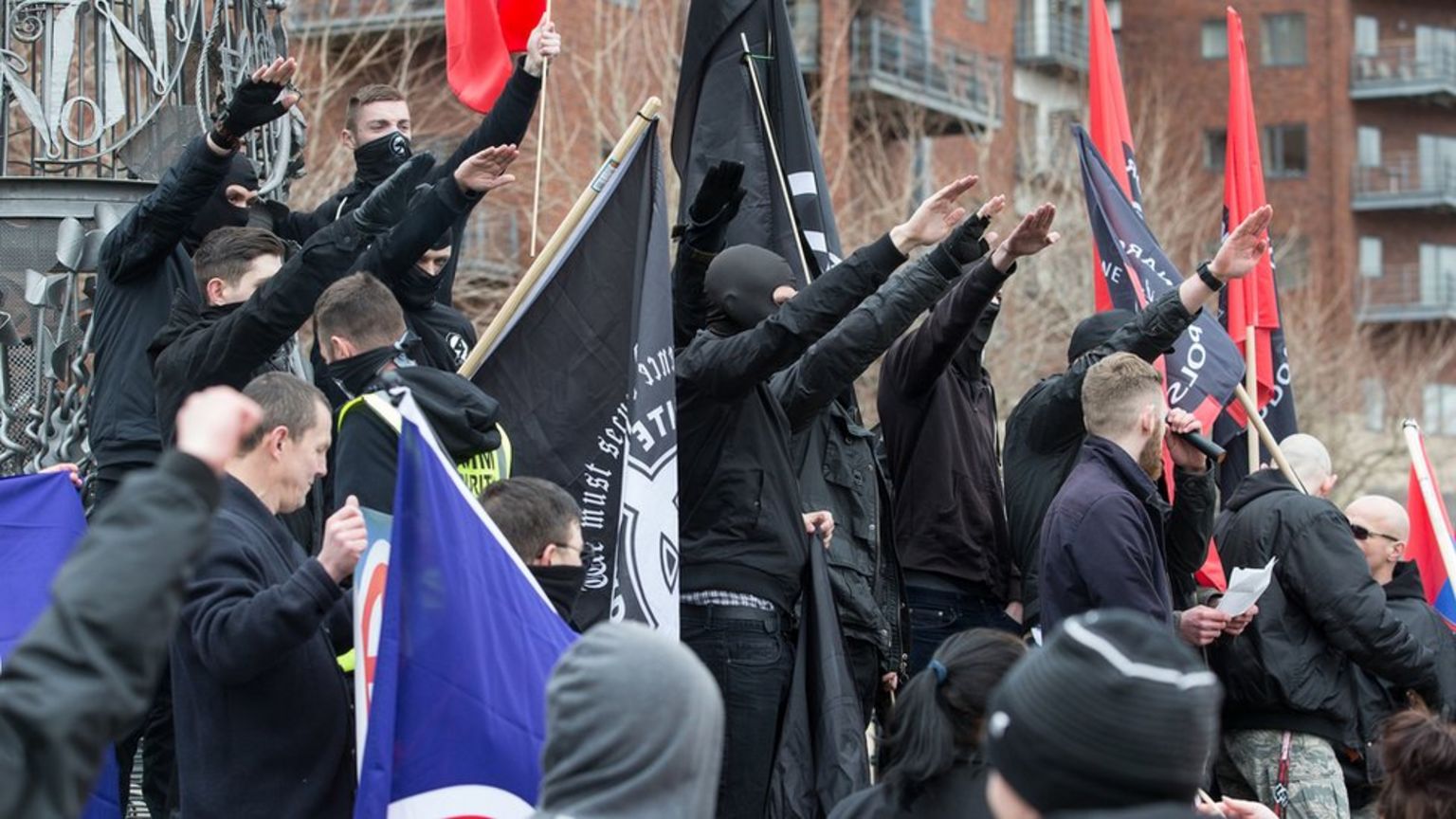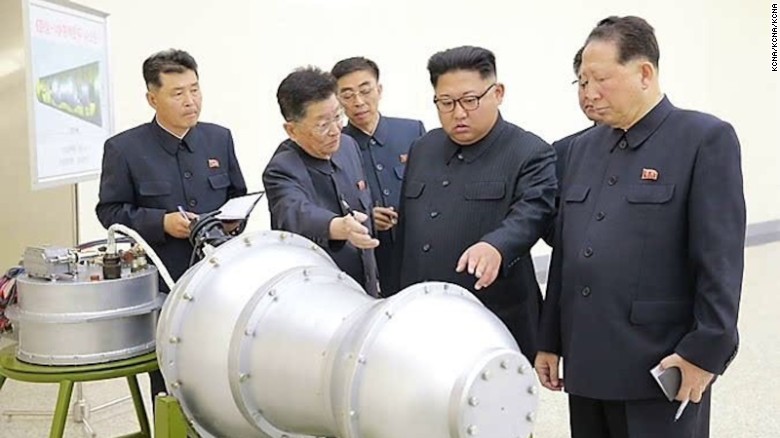By: Emily Green
Impunity Watch Reporter, South America
CARACAS,Venezuela – After a scathing human rights report by the UN, Venezuelan President Maduro cancels plans to address the UN Human Rights Council on September 11, 2017. Maduro will send newly-appointed foreign minister, Jorge Arreaza, in his place to address the Council on its opening day.

Many see Maduro’s decision not to speak as a response to the U.N.’s human rights report and increased activism against his policies. The report calls for further investigation and accountability by the Venezuelan government. It also asks the UN Human Rights Council itself to take measures to prevent these human rights violations.
On August 30th, The UN reported extensive human rights violations and abuses in Venezuela. These come in the wake of anti-Government protests as tensions between the Government and the opposition increase. The report indicates a repressive policy with the use of excessive force and arbitrary detention against protesters. The government’s actions toward protesters, led by Maduro, point to “the existence of a policy to repress political dissent and instill fear in the population to curb demonstrations.”
The President, as one of the 47 current member states, planned to speak at this three-week UN Human Rights Council session. He last addressed this audience in November 2015. The Council does not invite dignitaries to participate in meetings, but it is protocol to honor member states’ requests to speak.
Although he was granted speaking time, a Council spokesman released a statement that Maduro would not address the council without giving a specific explanation.
The U.N. report paints a disturbing picture of the country. Reliable sources estimate the number of people detained since the beginning of April to be 5,000, including 410 children. Many detained victims have described it as “cruel, inhuman and degrading treatment.” Other detainees, both men and women, also reported threats of sexual violence and death perpetrated by the guards. Conditions in detention centers are alarming with accounts of over-crowded cells, rat and insect infestations, and lack of drinking water and bathroom facilities. The U.N. found these victims’ accounts to be consistent and corroborated by medical records.
President Maduro does not allow the U.N. investigation to enter the country, so this report is based on phone interviews with victims, families, NGOs, journalists, lawyers, first-responders and doctors. There are reported attacks to journalists and media workers to stop them from covering the demonstrations. These demonstrators and journalists have been designated “terrorists” and “enemies” by authorities.
Maduro’s spot at the podium was already being criticized. Critics were outraged and did not want to see the UN stage used by a dictator. Days earlier, 12 human rights activists called for an urgent Council meeting to discuss Venezuela’s membership and protest Maduro’s appearance.
For further information, please see:
Reuters – Venezuelan President Maduro will not go to U.N. rights forum – 5 September 2017



